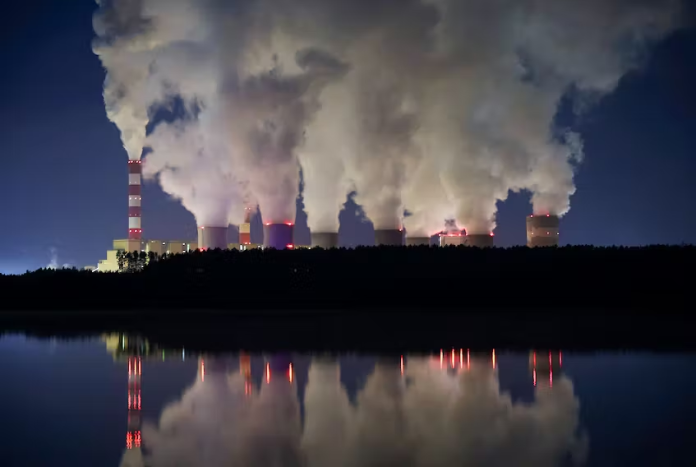After a year of record heat and drought, this year’s UN climate summit will feature a range of issues on combating climate change, phasing out fossil fuels and financing the energy transition in developing countries, Reuters reports.
The two-week talks will begin on November 30 in Dubai. The main objective of COP28 is to first assess countries’ progress towards the 2015 Paris Agreement’s goal of limiting global temperature rise to “well below” 2 degrees Celsius, while aiming for 1.5C.
As global efforts fall behind, countries will attempt to agree on a plan to help the world meet climate goals, including urgent steps to reduce CO2 emissions or increase investment in green technologies.
Countries are expected to update their national targets and plans to reduce emissions by 2025. However, countries disagree on whether the COP28 summit should hold all countries responsible or just the world’s richest countries to do more, as they have historically produced the most planet-warming emissions.
The hardest part of the talks is phasing out the use of CO2-emitting coal, oil and gas. At COP26, countries agreed to phase out coal use, but they never consented to abandon all fossil fuels, the main source of planet-warming emissions.
The United States, the European Union and many climate-vulnerable countries are pushing for a final COP28 agreement that commits countries to phase out fossil fuels.
But the Group of 20 failed to agree on the issue at its summit in July, with countries, including Russia, saying they would oppose phasing out fossil fuels.
Amid claims by the UAE’s incoming COP28 President Sultan al-Jaber that phasing out fossil fuel use is “inevitable,” countries are waiting to see if the UAE will push other oil-rich nations to endorse the idea at COP28. Jaber has been criticised for his dual role as head of the UAE’s state-owned oil and gas company ADNOC and future president of the climate talks.
The UAE and other countries whose economies depend on fossil fuels want COP28 to focus on new technologies designed to capture and store CO2 emissions underground.
While the International Energy Agency claims that these emission reduction technologies are crucial to meeting global climate goals, they are also expensive and are not currently used on a large scale. The EU and other nations fear that these technologies will be exploited to justify the continued use of fossil fuels.
The European Union, the United States and the UAE’s COP28 have proposed tripling renewable energy capacity and doubling energy savings by 2030.
The proposal appears to have widespread support, with major G20 economies, including China, already backing the renewable energy target. However, the EU and some climate-vulnerable countries are pushing to link this renewable energy pledge with a phase-out of fossil fuels.
Combating climate change and its impacts will require a staggering amount of investment – far more than the world has budgeted so far. According to the UN, developing countries will need at least $200 billion annually by 2030 to adapt to worsening climate impacts such as rising coastal sea levels or storms. They will also need funding to help replace polluting energy with clean sources.
Vulnerable countries want to spend more money to adapt to a world that is certain to get warmer over the next few decades. They want rich countries, whose past CO2 emissions have largely caused climate change, to pay up.
The EU and the US both said they would invest money in a climate damage fund at COP28, but they also said private finance was needed to aid. Rich countries are also facing pressure to prove they have honoured an overdue climate finance pledge to provide $100bn a year to developing countries.
The United Arab Emirates is planning a voluntary pledge by oil and gas companies to reduce emissions in a bid to engage the fossil fuel industry in the climate change fight.
Other initiatives to be announced under COP28 include pledges to reduce emissions of the greenhouse gas methane, limit emissions from air conditioning and limit private financing of coal-fired power plants.
